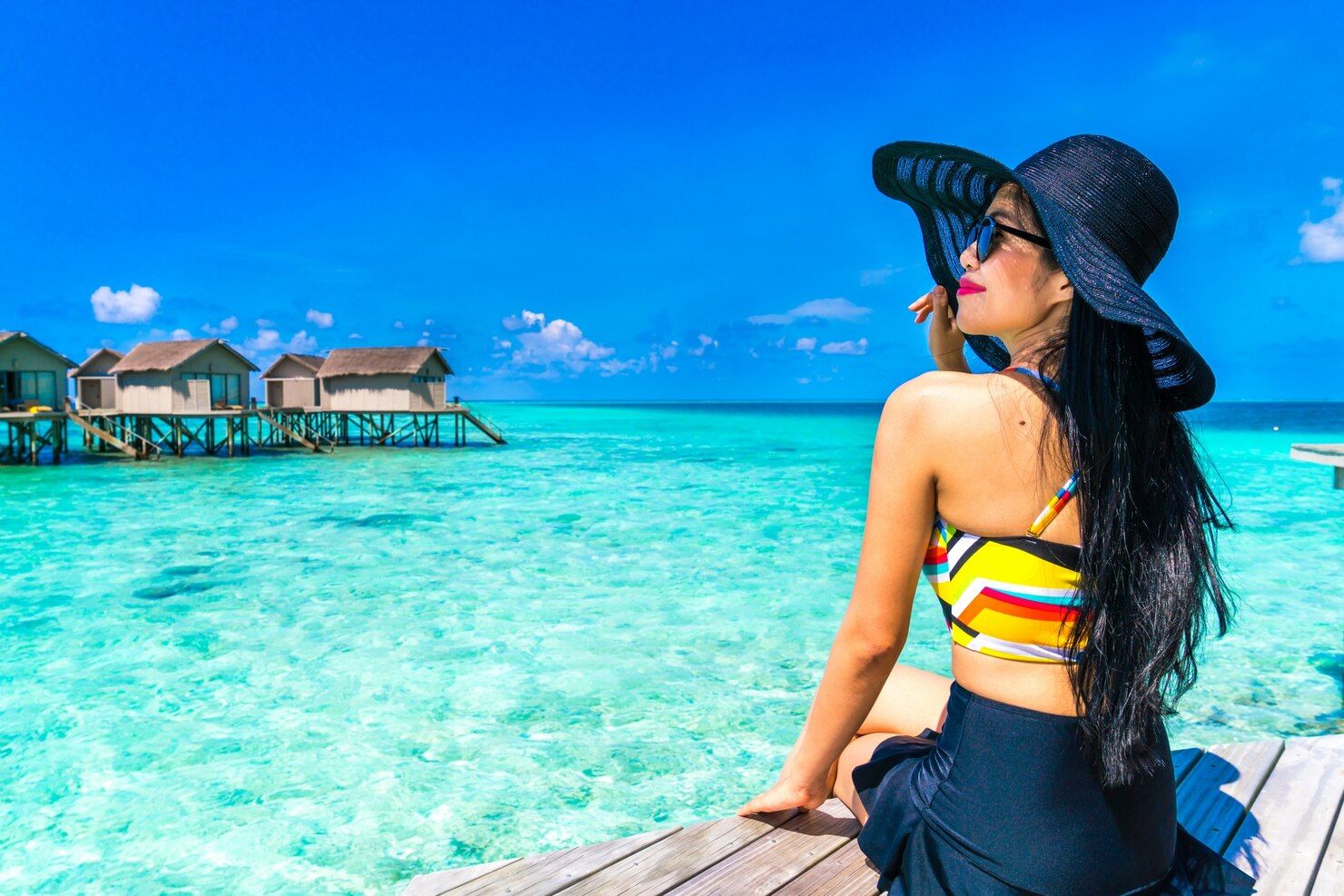Explore the Maldives Trip: Informative Resources, Detailed Guidance, and Useful Travel Insights
The Maldives is a tropical island nation in the Indian Ocean known for its coral atolls, turquoise lagoons, and marine biodiversity. The destination attracts travelers seeking relaxation, nature experiences, and underwater exploration. With over a thousand small coral islands spread across 26 atolls, the Maldives is one of the most geographically unique nations in the world.
 Travel to the Maldives continues to grow as people search for peaceful, scenic destinations with well-preserved natural environments. This topic exists to provide travelers with accurate, structured information about planning a visit, understanding updated regulations, and navigating the country’s travel system.
Travel to the Maldives continues to grow as people search for peaceful, scenic destinations with well-preserved natural environments. This topic exists to provide travelers with accurate, structured information about planning a visit, understanding updated regulations, and navigating the country’s travel system.
Importance
Travel to the Maldives matters today for several reasons. Tourism is a major contributor to the country’s economy, supporting thousands of local jobs and helping fund national development. For travelers, the Maldives offers a combination of natural beauty, quiet surroundings, and structured tourism policies that help protect fragile ecosystems.
The topic is also important for responsible travel planning. Changes in immigration rules, environmental taxes, public health policies, and airport infrastructure directly affect visitors. Understanding these details helps travelers avoid uncertainty and make informed decisions.
Those who benefit most from this information include:
-
Individuals planning leisure, family, or honeymoon travel
-
Travelers interested in sustainable tourism and environmental protection
-
First-time visitors who want clear guidance on policies
-
Frequent travelers who want updates on new rules or processes
This guide helps solve common challenges such as understanding visa procedures, navigating updated regulations, preparing documents in advance, and staying aware of environmental policies that shape tourism in the Maldives.
Recent Updates
The past year brought several policy and tourism developments that are relevant to travelers:
-
The Maldives set a target for higher tourism revenue in 2025 following strong visitor numbers in 2024.
-
The environmental “Green Tax” underwent revisions at the start of 2025, increasing for certain types of accommodation.
-
The Tourism Goods and Services Tax (TGST) was updated to a higher rate beginning in 2025, affecting hotels, dining, and tourism activities.
-
Immigration laws were amended in April 2025 to restrict the entry of travelers using only Israeli passports.
-
A generational tobacco ban began on November 1, 2025, prohibiting individuals born on or after January 1, 2007— including tourists— from purchasing or using tobacco products.
-
Large infrastructure expansions, such as airport development in northern atolls and transportation bridge projects in the southern region, continue to support tourism growth.
These updates demonstrate the Maldives’ focus on sustainability, economic expansion, and policy-driven tourism management.
Laws or Policies
Visa and Entry
Most nationalities receive a 30-day visa on arrival. Requirements generally include:
-
A valid passport
-
A return or onward ticket
-
Proof of accommodation
-
Sufficient funds for the stay
Travelers also must complete a digital travel declaration before arrival and departure. Visa extensions may be available for longer stays, subject to approval.
Taxes
The Maldives applies taxes that travelers should be aware of:
-
A Green Tax charged per night to support environmental protection efforts
-
A Tourism Goods and Services Tax (TGST) applied to resort stays, dining, and activities
These taxes are part of the country’s policy framework for funding infrastructure and conservation programs.
Public Health
The Maldives implemented a generational tobacco rule, where individuals born in or after 2007 are restricted from purchasing or using tobacco or e-cigarette products. This includes foreign travelers.
Immigration Restrictions
Under updated immigration laws, travelers arriving solely on an Israeli passport are not permitted entry. This rule is subject to policy reviews depending on international relations.
Tools and Resources
Travelers can use the following tools to plan a Maldives visit more efficiently:
-
Travel Declaration Portals: For submitting mandatory arrival and departure information.
-
Official Tourism Information Platforms: Provide updates on events, local rules, and travel advisories.
-
Weather and Tide Forecast Apps: Useful for snorkeling, diving, and inter-island travel.
-
Flight Tracking and Transfer Planning Tools: Help coordinate seaplane, speedboat, or domestic flight connections.
-
Travel Insurance Comparison Tools: Assist in selecting policies with medical and evacuation coverage.
-
Budget Planners and Itinerary Templates: Useful for organizing stays across multiple islands.
These resources help travelers prepare documents, plan activities, and understand regulations before arrival.
Frequently Asked Questions
Q1: Do travelers need a visa before entering the Maldives?
Most nationalities receive a 30-day visa on arrival, provided they meet entry requirements such as valid documents and proof of stay.
Q2: Is the travel declaration mandatory for all visitors?
Yes, all travelers must complete a digital declaration before arrival and before departure. It includes personal information, travel details, and accommodation information.
Q3: What taxes apply during a stay in the Maldives?
The Green Tax and the Tourism Goods and Services Tax apply to accommodation and tourism-related services. Rates depend on accommodation category and national tax guidelines.
Q4: Are there new public health rules travelers should know about?
The generational tobacco rule prohibits individuals born in 2007 or later from using or purchasing tobacco or vaping products. This rule applies to both locals and tourists.
Q5: Are there restrictions on entry based on nationality?
Yes. Under current immigration laws, travelers using only an Israeli passport cannot enter the Maldives.
Conclusion
Travel to the Maldives continues to evolve alongside policy updates, sustainability programs, and infrastructure development. Understanding visa rules, environmental taxes, public health measures, and immigration changes contributes to a smoother travel experience.
The Maldives remains a leading destination for travelers worldwide, but its unique environment requires careful management. By staying informed and using reliable tools for planning, visitors can enjoy the islands responsibly while respecting regulations designed to protect the country’s natural and cultural heritage.
